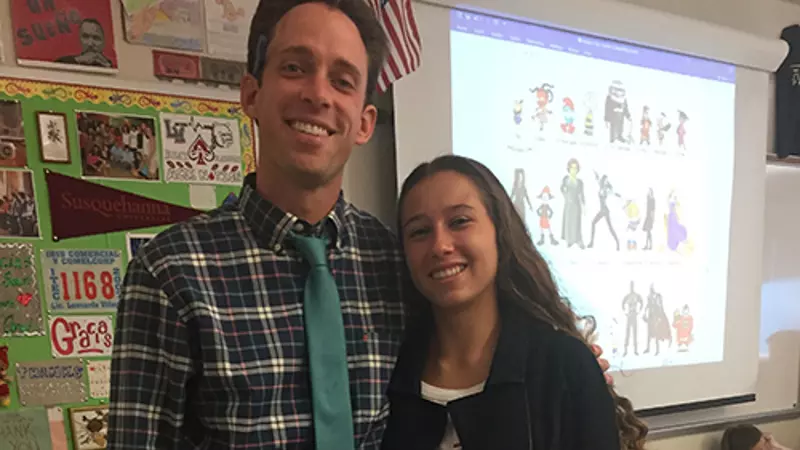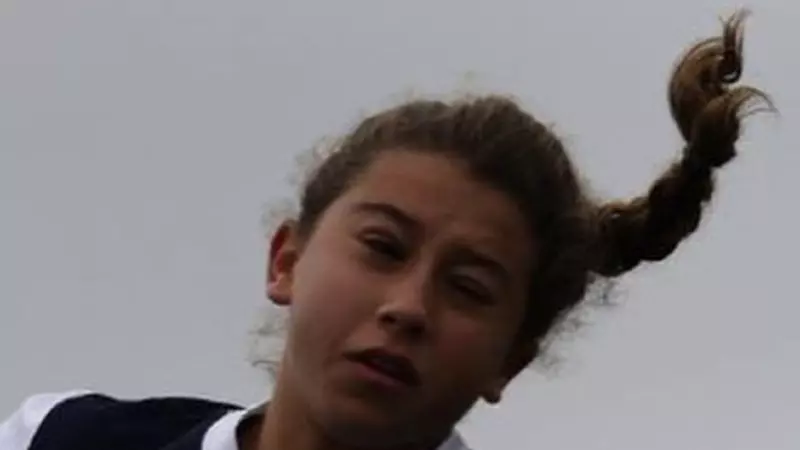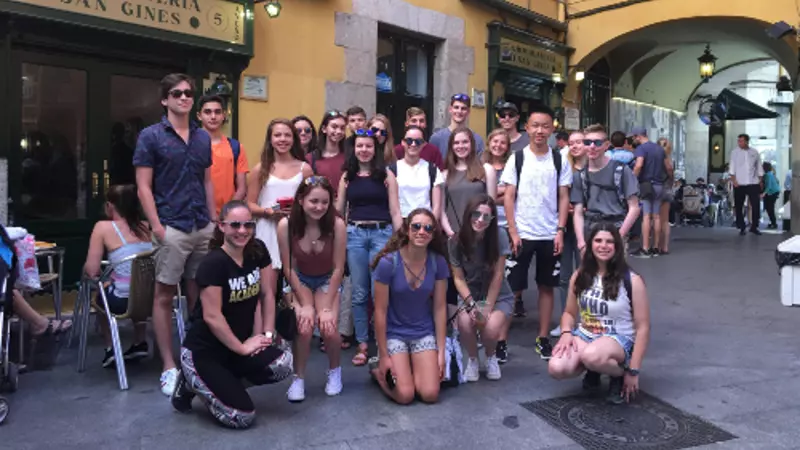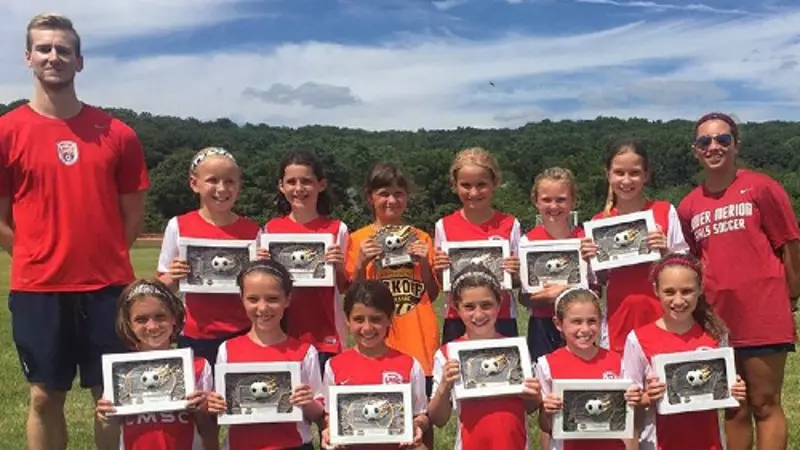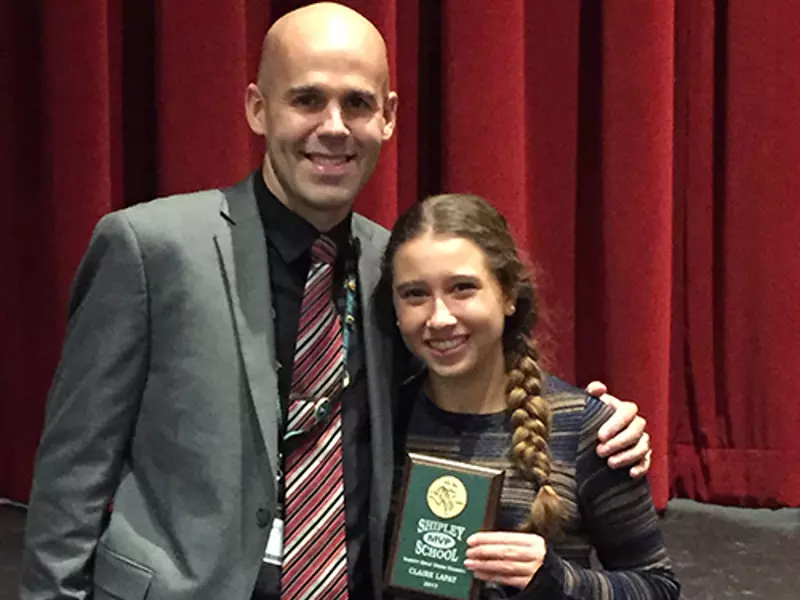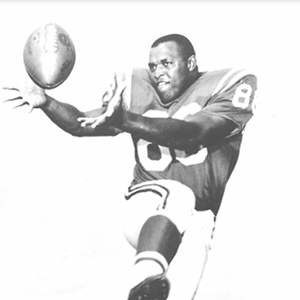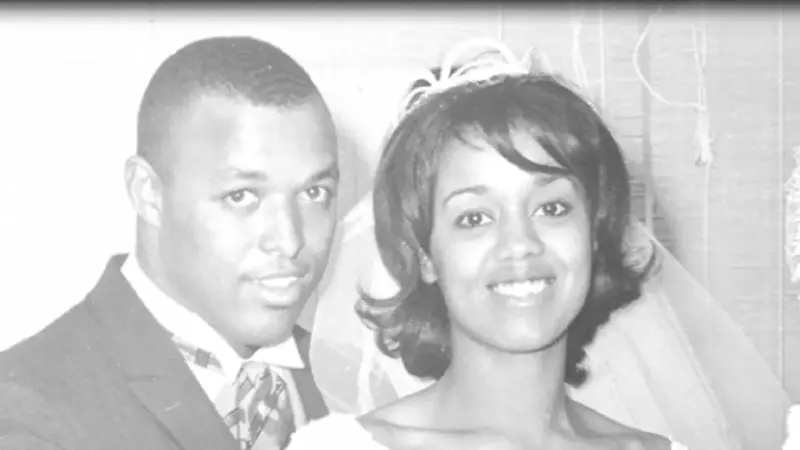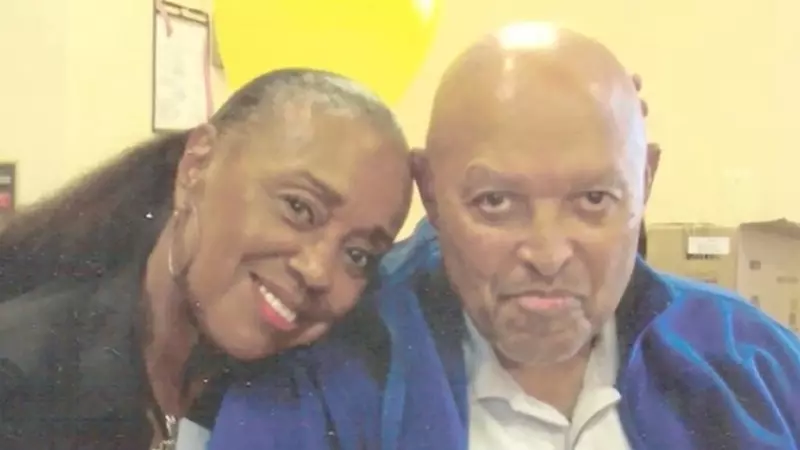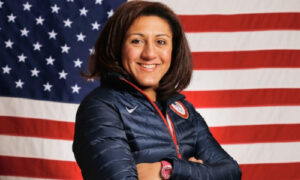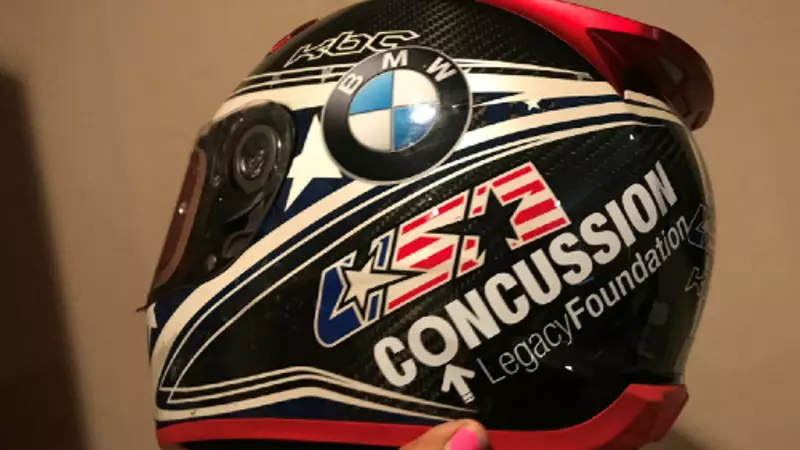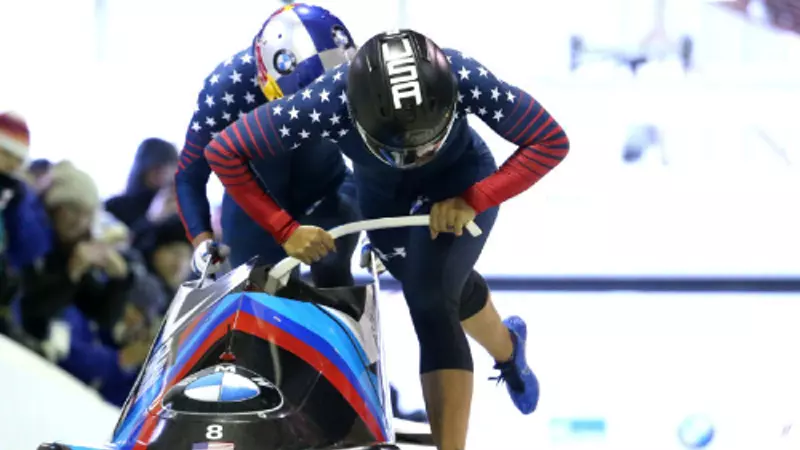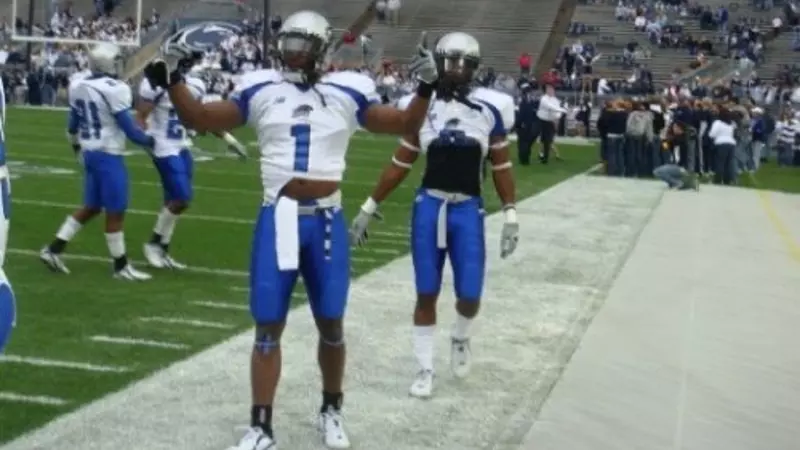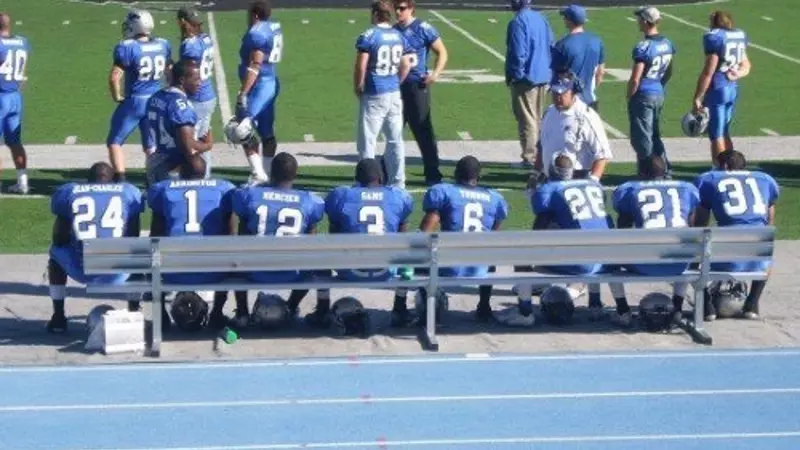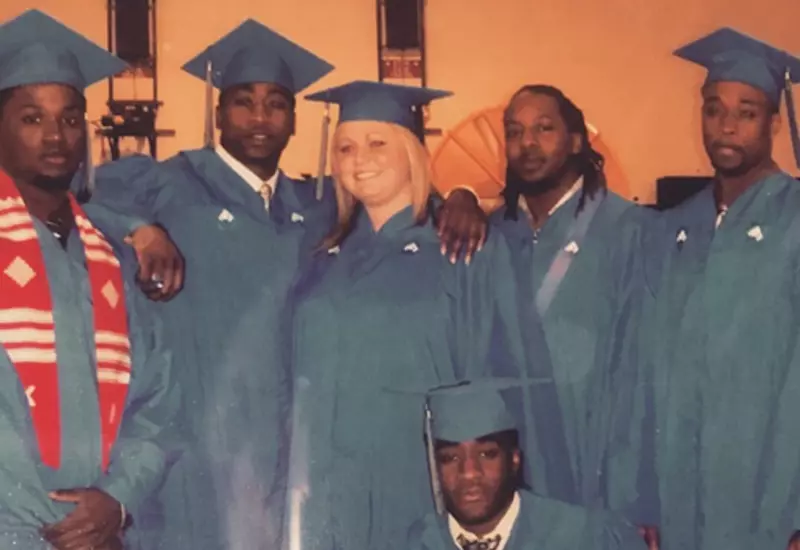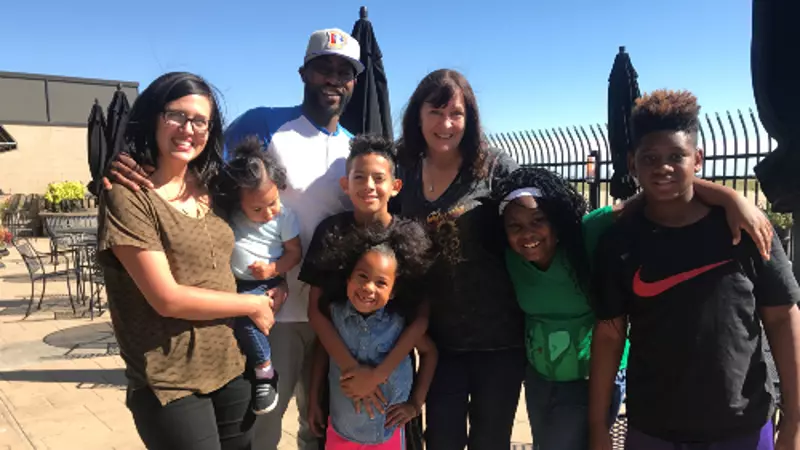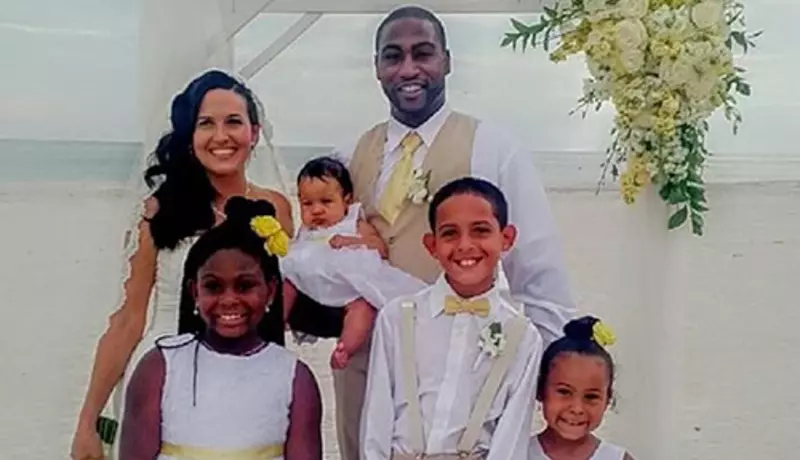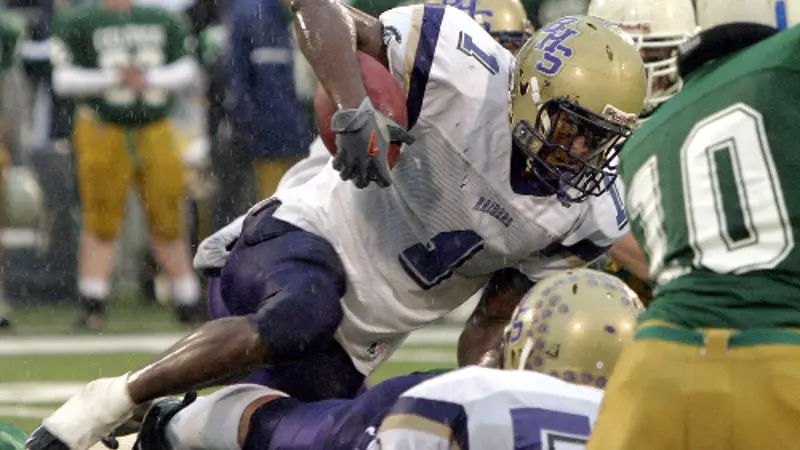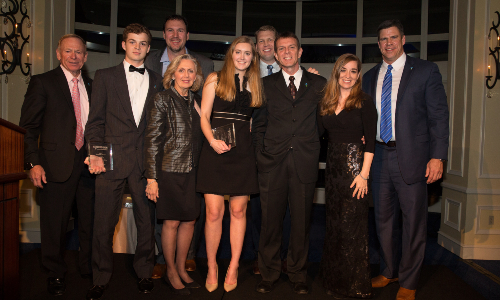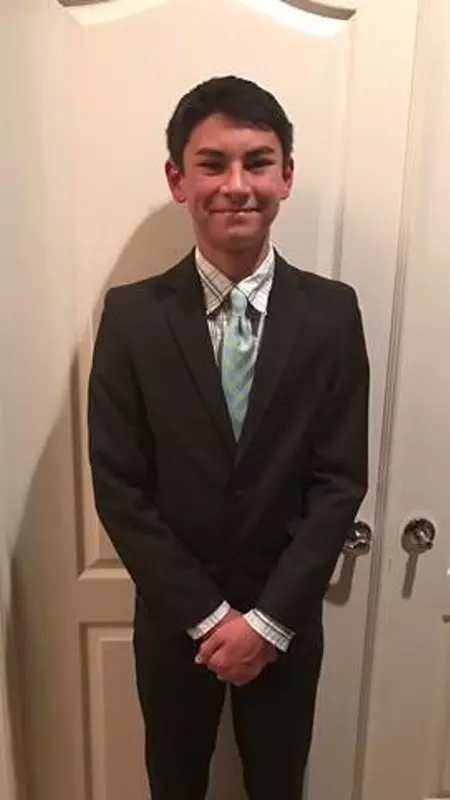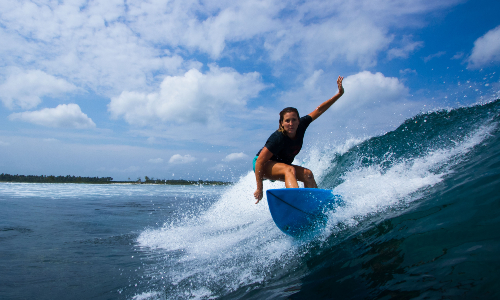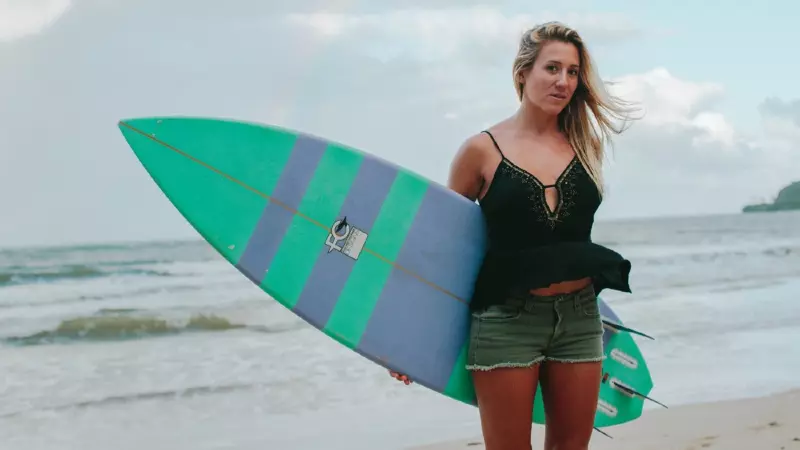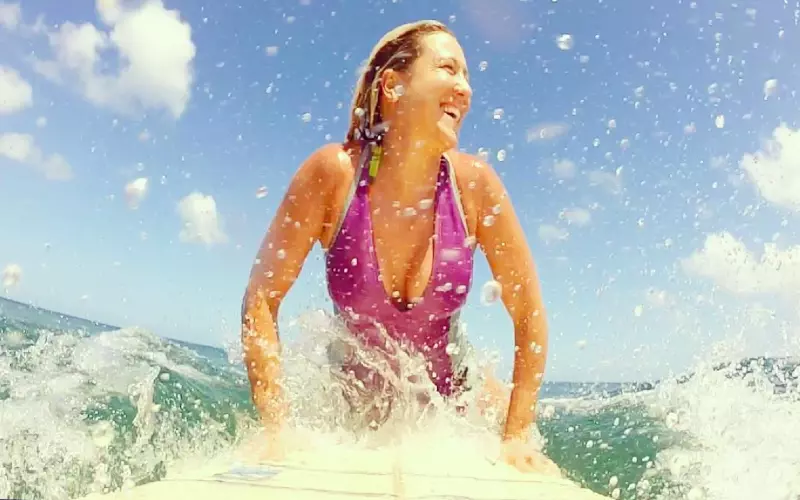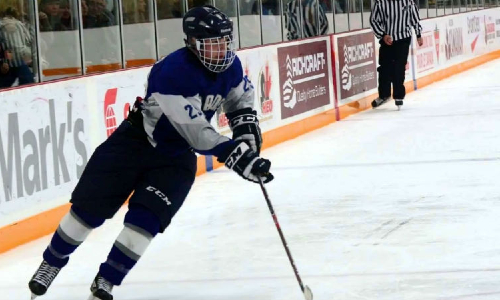
Posted: September 8, 2017
I started playing hockey as soon as I became eligible, playing under the ‘Timbits’ hockey program. As early as I can remember, I fell in love with the game. When competitive hockey became an option, there was no doubt in my mind I wanted to try out for the team. I successfully made the team as a defenseman but as cliché as it may sound, I wanted to score goals like Sidney Crosby, my favourite player. I decided to move to forward in my third year of competitive hockey, and have never looked back. I would not trade my years of experience, competition, and fun I had playing hockey for anything. I’ve gained life lessons that will forever be ingrained in my character, like developing leadership qualities, instilling trust into my team, and learning to be disciplined and punctual.
In 2013, I was the victim of a concussion. In a playoff game, I received an impact to the head from the hit of an opposing player. His hands came up under my chin and I was flattened on my back. I quickly stood back up and went to the bench. To this day, I am unsure if I hit my head on the ice when I fell. To my own detriment, I was unaware of the signs and symptoms of a concussion, and the seriousness with which they should be treated. So, I returned to play. This is what I want to speak out on. A trainer or teammate should have flagged that I was hit very hard in open ice and suggested to take me out of the game or wait a couple minutes to see if any symptoms arose. My trainer at the time just asked me if I am alright to continue playing, as well as questions of ‘Do I know where I am’, ‘Can I read the scoreboard from the bench’. I knew where I was, and I could read the scoreboard. I did not have an immediate headache after the impact, in fact, it was only after the game that I started feeling ‘off’ and that is also when my headache began.
Four days later, I was playing in another game when I received a smaller impact to the head, in the corner of the ice during a battle for the puck. The opposing player’s elbow grazed my head, but it was enough for me to notice that I did not feel myself, and hadn’t been myself for more than four days. This was when I knew something was wrong. I started feeling a headache and slight dizziness, and I knew I needed to step out of the game. I watched the remainder of the game from the bench, supporting my team.
I saw a concussion specialist who informed me that I had gone through what was known as Second Impact Syndrome. This occurs when a person receives a concussive impact, and then receives another significant impact to the head within a short time frame afterwards. I was told that I was lucky to still be fairly healthy aside from the symptoms that came with the concussion. My doctor initially said to stay out of school and minimize cognitive stimulation for approximately a week or two – meaning no school, no sports and no physical activity. At the end of week two, I was still suffering from symptoms. It took around six months of rest before those symptoms cleared up. I was out of school and sports for the entirety of that six months. I tried to attend school on days when my symptoms had lessened, just to catch up, but I could hardly attend two days in a row before they worsened. When I started improving, I was slowly increasing more incremental activities into my daily routine. I was cleared to return to full activity with no issues once I had recovered. Just over a year later, in December of 2014, I suffered another concussion. Luckily it was minor, and I was also well equipped with the knowledge I needed to take the proper precautions. By slowly integrating more activity until I felt like there was no more limit to what I did and how I felt doing it, I was again cleared to play.
After that hockey season, I made the tough decision to take a couple years off contact sports, choosing to play non-contact hockey instead. However, in the fall of 2016, I decided to play contact hockey for one last time with friends I grew up playing hockey with. During the first game of the season, I was hit to the head by an opposing player whose hands came up and made contact to my chin. To most people that have had a concussion history similar to mine, you would imagine that my first thought would have been for the health of my head. Unfortunately, the pain in my jaw overpowered any thoughts regarding another concussion. I had not fallen unconscious, but I wanted to talk to my trainer to let him know what was happening. I told him what I was feeling, and he thought I was okay to play the remainder of the game if my jaw was still in place and all my teeth were still intact. Although he is not to blame for letting me go back out to play after a head collision, this trainer was well aware of my concussion history. Luckily, I did not receive any significant hits that rattled my head for the rest of that game. When I got home later that night, I was feeling off. I recognized the feeling as how I felt when I had my previous concussions. My mom took me to the hospital the next day for x-rays of my jaw as well as a concussion diagnosis, which turned out to be positive. At this point, I had been reminded of the concussion protocol more times than I could remember, so I was able to remember to minimize my stimulation, and start my road to recovery from there.

After a couple months of rest; away from school, work, and limiting time with friends, I did not show any improvement. My specialist determined that I had progressed into the PCS stage. Post-Concussion Syndrome (PCS) is a stage in which your concussion symptoms have persisted longer than the normal course of recovery. The way it was explained to me, PCS is a stage in which your body can be constantly on high alert. Your body cannot find a way to reassure itself, which can exhaust you without having to conduct physical activity. This is caused by an amygdala (part of the brain) that is unable to stop subconsciously scanning for threats. When your body is always in high alert, or “fight or flight” mode, it causes muscles to tighten to prepare for potential threats. This created my pains, aches, and tightness throughout your body.
Although the physical aspect of constant muscle tightness and maintaining your pain levels can be exhausting, it created a constant anxiety within me which I had not dealt with before. It’s general anxiety, caused by this high alert phase. This limits my ability to be out of the house because when I am out, my alertness increases and worsens my anxiety as well as my muscular aches. My average outing that also tends to be one of the higher strain “activities” I do, is going to the grocery store with my mom. It becomes less manageable based on how busy it is when we go. When it is not too busy, it is still a tough task, because of the brightness of the lights, the people and the constant background noises. This is a very normal task for someone else, but depending on the stimulation, this could worsen my symptoms and take me out of commission for the remainder of the day, or I could manage making it out without any repercussions.
Through my journey, I’ve found out the hard way that concussions are often misunderstood by people who have never been educated about them, unless a close relative or friend has previously suffered from one. Of course, the vast majority know what a concussion is and how it can affect someone for a short period of time. What many people do not realize is that the severity of the impact and a person’s previous concussion history can make symptoms increase in severity and duration. As I mentioned, if you’ve suffered from a concussion or know someone that has, this information is nothing new to you.
However, many people seem to think a concussion involves just a bump to the head, followed by a dark room and no electronics. While that is partly true, there are cases (like mine) where symptoms get to the PCS stage where there has been no change in condition for a prolonged period of time. You remain limited in normal activities that others find to be trivial and mundane. To those around you who cannot grasp what you are going through, they can become confused as to why you are still struggling with certain things. As an example, I will use classmates at school. It is very hard for classmates to understand why you are no longer attending school. They see that you suffered a concussion and suddenly you’re out of school for a few months. Yet when they can come to terms with this absence, it becomes complicated again when they see you start integrating yourself into more stimulating activity, like seeing you at a grocery store or heard that you are having a close friend over to your house. They cannot figure out why you are able to go to a store and shop, yet you cannot attend school.
Concussions are not like any other injury, where you break a bone or sprain a muscle, because there really is no approximate time as to when a person will be fully recovered. The way I saw it was, if people couldn’t see the injury then they assumed I was fine. Therefore, I think classmates struggled to grasp why I was not seen in school for a long period of time. I believe the misconception of concussions had people wondering why I suddenly stopped attending classes to recover.
Truthfully, I never took what people thought to heart simply due to the fact that they do not know what I am going through or having to deal with. Whether it was the many appointments with various doctors, the acupuncturist, the massage therapist, the neurologist, or whoever I was seeing, the only person that fully understood was my mom because she was always alongside me. Other than my immediate family and close friends, no one really understands what I am going through on a day-to-day basis.
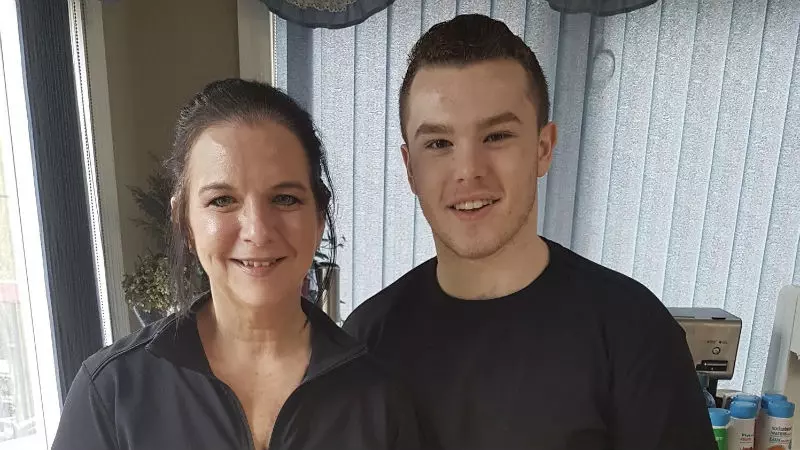
As frustrating as that misconception can be, I chose to accept it and work through it. It would be much harder to stay positive and continue progressing in my recovery if I spent time dwelling on what others thought. The only person that can dictate my recovery is me, by knowing my limits on how to push myself to do stimulating activities but stopping before I bite off more than I can chew. I know I will get better eventually. I know I will continue my life as planned, no matter what obstacles get in my way. The way I see my concussion and its limitations, is that it just put my life on pause until I am ready to take it on again. I may not have gotten my diploma at the same time as my fellow classmates, I may not still be working and making money like my friends are, but I will when this blows over. For now, the only thing I’m working on is my recovery.
I have had a concussion for about 11 months now. It has not been an easy road to recovery, but without the support and help I’ve had from friends, family, and doctors, this recovery would have been much more difficult. I missed the majority of my first semester of grade 12, along with the entire second semester, which means I lost the ability to graduate with my classmates. The one thing that helped me day in and day out was optimism, whether it was through others or reminding myself that I will eventually get back into what I was doing before this concussion occurred. I often told myself that my life was just on pause, that I was just sidelined, and I will succeed in what I wanted to pursue once I recover.
